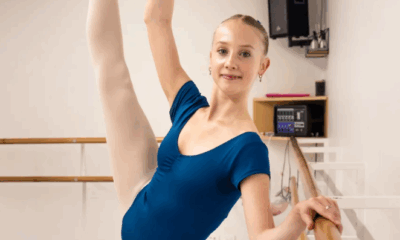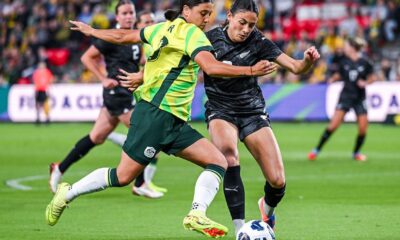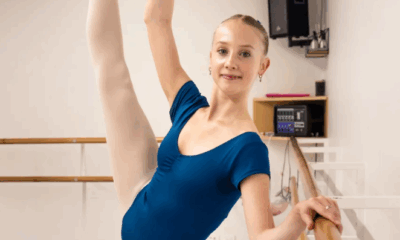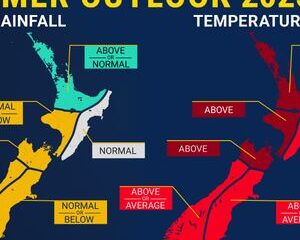Lifestyle
Māori-Indian Collaborations Shine at India’s Independence Day in NZ
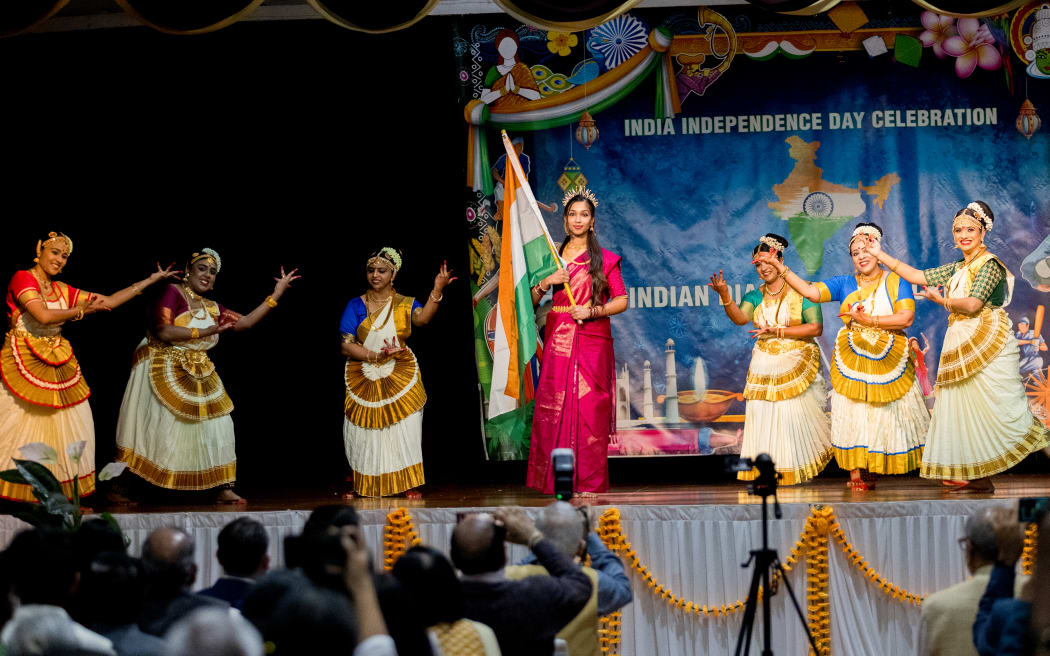
New Zealand’s Indian community celebrated India’s Independence Day with a vibrant series of events over three days, showcasing a blend of Indian and Māori cultures. The festivities included flag-hoisting ceremonies and cultural nights in cities such as Hamilton, Wellington, Dunedin, and Palmerston North. Auckland, home to the largest Indian diaspora in New Zealand, hosted multiple events from August 16 to 18, where various cultural expressions highlighted the rich heritage of both communities.
A standout event was the Masterchef competition featuring Māori chefs competing against Indian chefs, which captivated audiences with innovative culinary creations. Fashion designers from both cultures showcased their works, while the Mahatma Gandhi Centre in Eden Terrace served as a gathering point for community organizations celebrating their diverse backgrounds.
During the celebrations at the Dew Drop Events Centre on August 16, Prime Minister Christopher Luxon and opposition leader Chris Hipkins joined in the festivities, even participating in a lively dance to a popular Indian number. The following day, representatives from over 15 Indian states performed traditional regional dances at Auckland’s Mount Eden, marking the significance of the day.
The celebrations began on August 15, the anniversary of India’s independence from British rule in 1947. The Indian High Commission in Wellington and India’s Consulate General in Auckland hosted a joint reception attended by Nikhil Ravishankar, the incoming chief executive of Air New Zealand. His appointment, effective October 2024, was highlighted by Ethnic Communities Minister Mark Mitchell, who praised the longstanding contributions of the Indian community to New Zealand.
The 2023 Census indicated that 292,092 people in New Zealand identified as having Indian heritage, an increase of 22 percent since 2018. This demographic shift underscores the Indian community’s growth, now the third largest in the country after New Zealand Europeans and Māori. The community’s median personal income reached $51,600, surpassing the national average of $41,500, reflecting its increasing prosperity.
Beyond income, the Indian community has made a significant economic impact, contributing an estimated $10 billion to New Zealand’s economy in 2019, according to a report by Sense Partners for the Waitakere Indian Association. This figure, which comprised approximately 3.3 percent of the total GDP at the time, has likely grown in recent years.
Cultural performances across New Zealand emphasized unity and diversity. In Palmerston North, community groups celebrated under the theme “United in Diversity,” while in Dunedin, the Indian Association hosted a “grand patriotic event” featuring Carnatic music at the University of Otago. Hamilton boasted a performance by Indian pop singer Shibani Kashyap, made possible through collaboration between local cultural organizations.
Auckland’s celebrations featured innovative collaborations between Māori and Indian cultures. The Whiria Collective partnered with India’s CD Foundation to curate a cross-cultural fashion show and Masterchef competition. Chefs from both backgrounds crafted dishes that fused Indian spices with New Zealand ingredients, drawing acclaim from judges, including Anand Erickson, a lecturer at Auckland University of Technology. He remarked on the contemporary appeal of such culinary fusions, expressing hope for further collaborations.
Among the cultural highlights, a dance group from the Indian state of Telangana performed ancient dance forms such as Perini Natyam and Oggu Katha. Dancer Ravi Kumar noted that their performances centered on narratives linked to the Hindu God Shiva, a central figure in Telangana’s traditions.
The Indian diaspora in Auckland also showcased a wealth of local talent, with participants like Sonali Banerjee of the Probasee Bengali Association emphasizing the importance of passing on cultural heritage to younger generations. Performer Mary Shaji, who presented a classical Indian dance from Kerala, echoed this sentiment, stating that such celebrations help maintain a connection to their roots and values.
These celebrations not only marked India’s historic day but also reflected the evolving multicultural tapestry of New Zealand, highlighting the enduring ties between the Māori and Indian communities.
-

 World1 week ago
World1 week agoPrivate Funeral Held for Dean Field and His Three Children
-

 Top Stories2 weeks ago
Top Stories2 weeks agoFuneral Planned for Field Siblings After Tragic House Fire
-

 Sports3 months ago
Sports3 months agoNetball New Zealand Stands Down Dame Noeline Taurua for Series
-

 Entertainment3 months ago
Entertainment3 months agoTributes Pour In for Lachlan Rofe, Reality Star, Dead at 47
-

 Entertainment2 months ago
Entertainment2 months agoNew ‘Maverick’ Chaser Joins Beat the Chasers Season Finale
-

 Sports3 months ago
Sports3 months agoSilver Ferns Legend Laura Langman Criticizes Team’s Attitude
-

 Sports1 month ago
Sports1 month agoEli Katoa Rushed to Hospital After Sideline Incident During Match
-

 World2 weeks ago
World2 weeks agoInvestigation Underway in Tragic Sanson House Fire Involving Family
-

 Politics2 months ago
Politics2 months agoNetball NZ Calls for Respect Amid Dame Taurua’s Standoff
-

 Top Stories2 weeks ago
Top Stories2 weeks agoShock and Grief Follow Tragic Family Deaths in New Zealand
-

 Entertainment3 months ago
Entertainment3 months agoKhloe Kardashian Embraces Innovative Stem Cell Therapy in Mexico
-

 World4 months ago
World4 months agoPolice Arrest Multiple Individuals During Funeral for Zain Taikato-Fox

